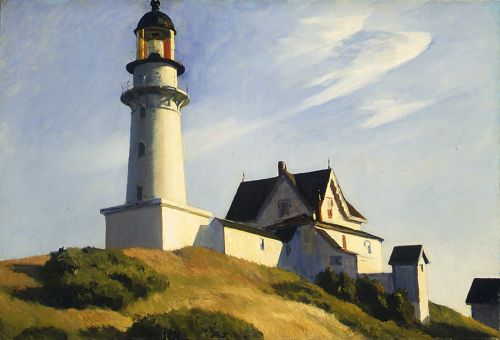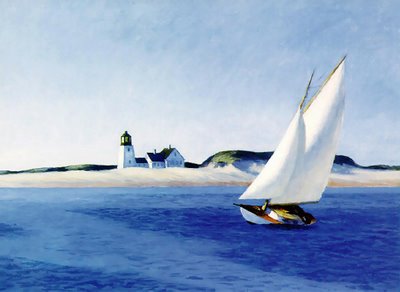Procurando uma resposta à pergunta "Quem manda no jornalismo?", o Prós e Contras da RTP1 acabou afinal por virar uma arena mediática para luta de gladiadores dos tempos modernos.
Se houve algum vencedor do debate, penso que teria sido Pacheco Pereira pela sua paciência e tom apaziguador, tentando levar a conversa para uma dimensão menos pessoal para que perigosamente ameaçava resvalar e sempre numa perspectiva político-mediática. Quanto a MMC, embora pense que possa ter razão em muita coisa do que diz, a forma como se apresenta como vítima é-lhe desfavorável.
No final, MMC conseguiu voltar à ribalta da política, ajudado pelos comentários um pouco gastos do JPP, o apoio do ER que fez de paladino da "deontolgia" e "ética" e o consentimento do RC que deixou que o acusassem de ser a vergonha do jornalismo nacional. A FCF não esteve à altura do tema e perdeu nitidamente o controlo da segunda parte do debate.
Ainda sobre o tema da responsabilidade dos jornalistas, nomeadamente quando fazem os seus resumos de depoimentos, eis aqui um
artigo exemplar de Pedro Magalhães no Margem de Erro, que encontrei através
d'A Origem das Espécies.












